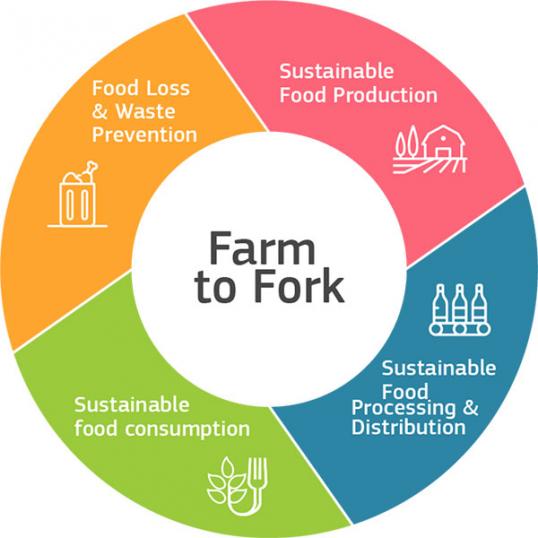Food sector shows willingness to change
It is one year since the launch of the EU Code of Conduct on Responsible Business and Marketing Practices in Food, a key element of the Farm to Fork Strategy. This Code of Conduct is an essential part of the EU’s efforts to increase the availability and accessibility of healthy and sustainable food choices that contribute to reducing our overall environmental footprint. Over the past year, the number of signatories committing to accelerate their contribution to a sustainable transition under the Code of Conduct has increased from 65 to 124 today, including major European and international food industry traders.
Executive vice-president Frans Timmermans said: “We need sustainable food systems to feed a growing population on a planet that rapidly loses the space and capacity to do so. Food production and consumption is one of the main causes of climate and biodiversity crises. I therefore encourage all companies to adhere to the Code of Conduct. The rapid increase in the number of signatories shows that the sector is becoming increasingly aware that sustainable food production is the only way to achieve this.”
Stella Kyriakides, commissioner for health and food safety, said: “In just one year, the number of associations and businesses committed to accelerating their work to contribute to a sustainable transition under our Code of Conduct has almost doubled. Under the Farm to Fork Strategy, we are determined to make the best use of the Code’s potential to stimulate collective action. There is an urgent need to act now, for our nature and climate.”
The Code is a voluntary initiative that encourages actors in the ‘food chain’ (manufacturers, wholesale, retail, catering and hospitality sectors) to improve and communicate their sustainability performance on a voluntary basis. Signatories committed, inter alia, to promoting healthy and sustainable diets, improving resource efficiency.
The signing parts committed, inter alia, to promote healthy and sustainable diets, improve resource efficiency in their own operations, foster sustainable supply chains and report annually on these commitments. These commitments range from reducing greenhouse gas emissions along the value chain to reducing the sugar content of products. On the basis of these reports, the Commission has launched a study to map companies’ commitments and the areas they cover in order to better visualise the efforts made by the food industry and where it is on the road to sustainability.



